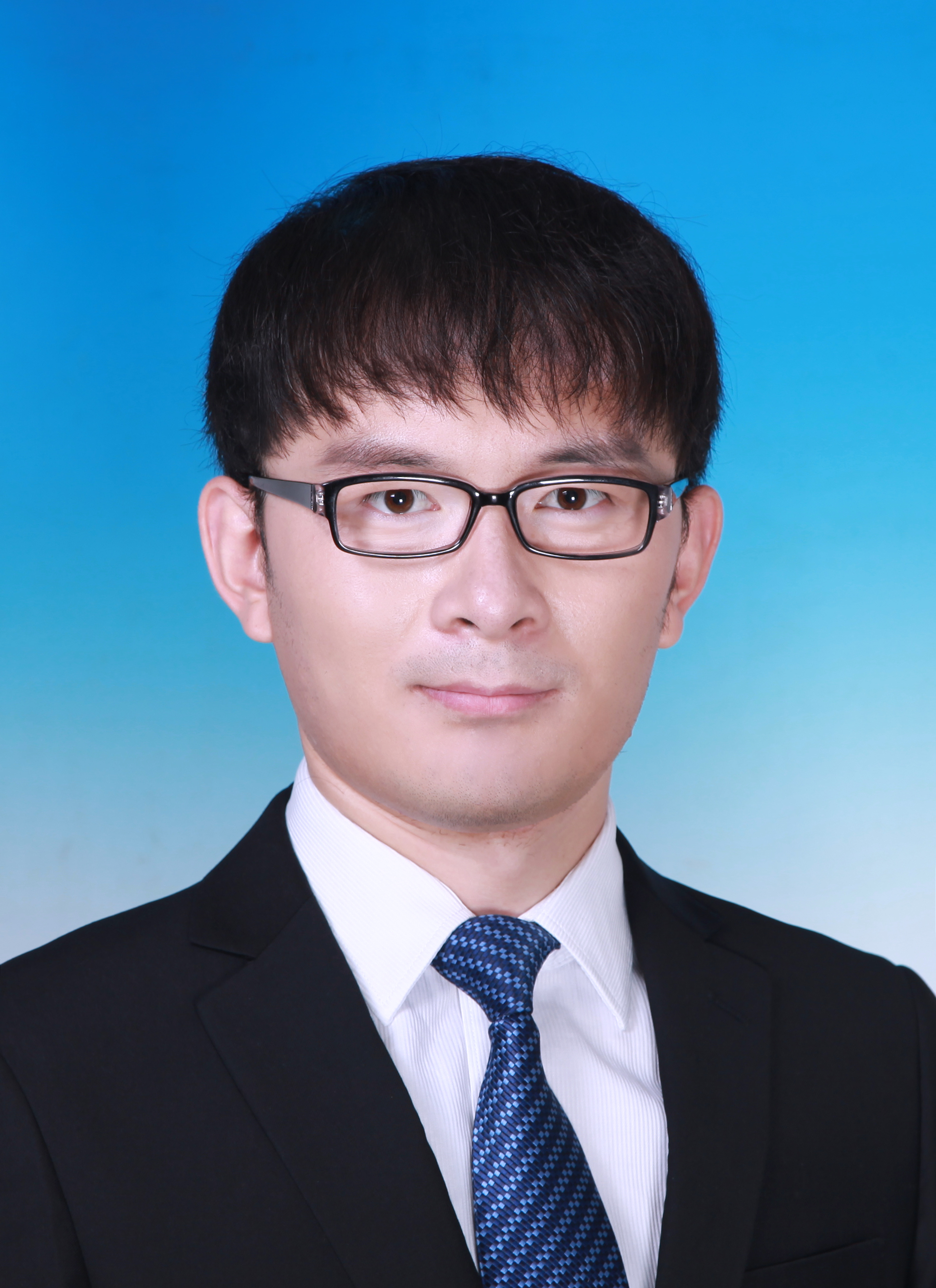Keynote Speakers 2023
Keynote Speaker Ⅰ
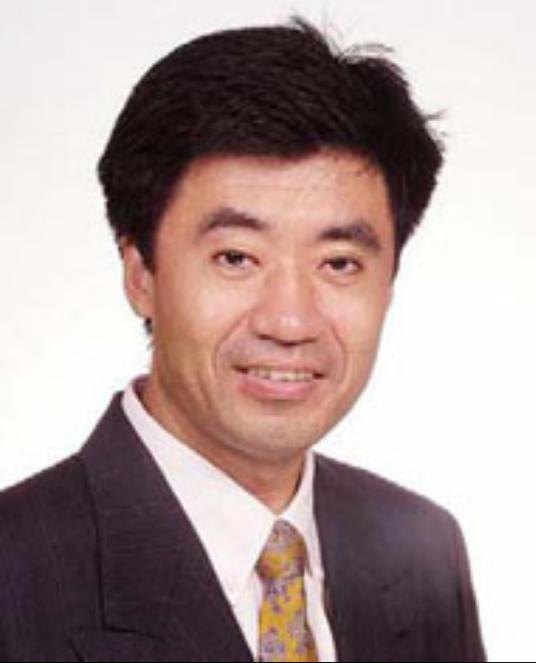
Prof. Shuzhi Sam Ge
National University of Singapore, Singapore
Fellow of IFAC, IET, and Singapore Academy of Engineering (SAEng)
Brief Introduction to Prof. Shuzhi Sam Ge:
Professor Shuzhi Sam Ge is with the Department of Electrical and Computer Engineering, the National University of Singapore (NUS) and serves as a faculty member of NUS Graduate School (NGS) Integrative Sciences and Engineering Programme (ISEP), The National University of Singapore. He has served/been serving as an Associate Editor for a number of flagship journals. He also serves as a book Editor of the Taylor & Francis Automation and Control Engineering Series. He has (co)-authored 8 research monographs, edited 5 booked, and over 600 international journal, conference papers and book chapters. At IEEE Control Systems Society, he served as Vice President for Technical Activities, 2009-2010, Vice President of Membership Activities, 2011-2012, Member of Board of Governors of IEEE Control Systems Society, 2007-2009. At IFAC, he serves as Vice-Chair, Technical Committee on Computational Intelligence in Control, IFAC, 2014-Present. He serves as a member of the Steering Committee of Asian Control Association (ACA), 2020-Present. He serves as the founding Editor-in-Chief, International Journal of Social Robotics, Springer Nature, 2008-present. He is a Fellow of IFAC, IET, and Singapore Academy of Engineering (SAEng). He is Clarivate Analytics high-cited scientist, 2016-2021, He was the recipient of Distinguished Member Award, IEEE CSS, 2013, Inaugural Temasek Young Investigator Award, Defence Science and Technology Agency (DSTA), Singapore, 2002; and National Technology Award of the National Science & Technology Board, Singapore,1999. He has started to companies to commercially successfully. His current research interests include intelligent control, robotics, artificial intelligence, and material robotics.
Speech Title: On Stability, Robustness and Performance of Systems in Mechatronics, Robotics and Artificial Intelligence
Abstract: Stability, Robustness, and Performance (SRP) are three important issues for any systems in mechatronics, robotics, and artificial intelligence (MRAI). The lecture begins first by presenting the evolution of mechatronics, robotics, and artificial intelligence systems in its complexity, and basic concepts of stability, robustness, and performance in systems. Then, model-based approaches are presented on the Tri-foci: SRP for our works in mechatronics. Further, with the introduction of neural networks (NN) modelling, model based and NN based approaches are presented our work in robotic research. Though NNs are a very powerful in modelling, most artificial intelligence systems lack stability, robustness, and guaranteed performance from a dynamical system perspective by considering the vulnerability of neural networks. Existing methods typically model machine learning as an open-loop control system, which results in performance degradation when adversarial attacks cause a data distribution shift. Therefore, integrating closed-loop control into machine learning can provide a theoretical analysis of the stability and robustness of deep neural networks. Finally, we share on our thoughts work in stability, robustness, and performance of artificial intelligence, and call for collaboration in fostering SRP artificial intelligence systems in a rapidly evolving landscape.
Keynote Speaker Ⅱ
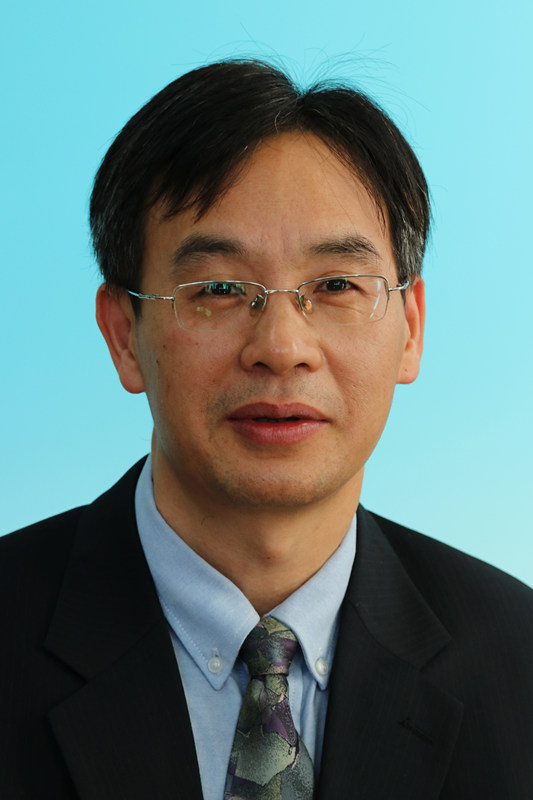
Prof. Yongchun Fang
Nankai University, China
Brief Introduction to Prof. Yongchun Fang:
Dr. Yongchun Fang is a distinguished professor, also the vice dean of the Graduate School of Nankai Univeristy. Dr. Fang received the B.S. degree in electrical engineering and the M.S. degree in control theory and application, both from Zhejiang University, P. R. China, in 1996 and 1999, respectively, and the Ph.D. degree in electrical engineering from Clemson University, SC, USA in 2002. From 2002 to 2003, he was a Postdoctoral Fellow at the Mechanical and Aerospace Engineering Department, Cornell University. Since 2003, he has been a professor at the Institute of Robotics and Automatic Information System, Nankai University, Tianjin, P. R. China. Dr. Fang's research interests include underactuated systems control, visual servoing, AFM-based nano-manipulation, and so on. He won the very prestigious “National Distinguished Young Scholars” Award from National Science Foundation of China (NSFC) in 2013. He is also an Awardee of Tianjin Youth Leaders in Technological Innovation (2014), and an awardee of the 10th young scientist award of Tianjin. His research has been well supported by National Science Foundation of China and other Chinese government funding, such as the well-known National High Technology Research and Development Program (“863” Program), the National Science and Technology Pillar Program, and so on, with a total amount of about 19M RMB within the recent 5 years. During the past 5 years, he has many papers published in prestigious international journals, including more than 20 papers published by IEEE Transactions. His work in underactuated overhead crane, visual servoing, and so on, has been well cited around the world.
Speech Title: Modeling and Control for Cable-Suspended Quadrotor Transportation Systems
Abstract: Cable-suspended transportation is an important way of transferring goods and materials by rotorcrafts in complex and hazardous environments, where external disturbances, system uncertainties, as well as the “twofold” underactuated characteristics, bring great challenges to realize safe and smooth deliveries. This talk discusses the recent research results on the dynamics analysis and modeling, motion planning, and nonlinear control of the quadrotor transportation systems. Specifically, a precise model is first set up for the “twofold” underactuated aerial transportation system after careful analysis. Then, some motion planning techniques are introduced to construct suitable trajectories in consideration of state and control constraints. For the given trajectory, nonlinear control algorithms are designed to achieve satisfactory performance, as supported by numerous experimental results.
Keynote Speaker Ⅲ
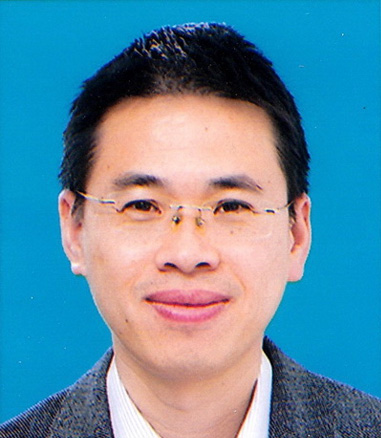
Prof. Junzhi Yu
Peking University, China
IEEE Fellow
Brief Introduction to Prof. Junzhi Yu:
Junzhi Yu (Fellow, IEEE) received the B.E. degree in safety engineering and the M.E. degree in precision instruments and mechanology from the North University of China, Taiyuan, China, in 1998 and 2001, respectively, and the Ph.D. degree in control theory and control engineering from the Institute of Automation, Chinese Academy of Sciences, Beijing, China, in 2003. From 2004 to 2006, he was a Postdoctoral Research Fellow with the Center for Systems and Control, Peking University, Beijing. In 2006, he joined the Institute of Automation, Chinese Academy of Sciences, as an Associate Professor, where he was a Full Professor in 2012. In 2018, he joined the College of Engineering, Peking University, as a Tenured Full Professor. His current research interests include intelligent robots, motion control, and intelligent mechatronic systems.
Speech Title: Bioinspired Design and Locomotion Control of Bionic Swimming Robots
Abstract: In nature, aquatic animals, such as fish and cetaceans have been evolving with excellent locomotion capabilities for predation or escaping predation, which offers a great variety of sources of inspiration for underwater robot design. In this talk, I will present some works including locomotion mechanism inspiration, mechanical design, motion control and prototype development to pursue the explosive unsteady motion patterns with high maneuverability. Firstly, inspired from the fast C-start maneuvers in fish's propulsion with bodies and/or caudal fins, a closed-loop control strategy based on a virtual "C" pipe was proposed, and a multi-joint robotic fish achieves the escape maneuver with a turning angle of up to 213° and a top turning rate of 670°/s. Secondly, inspired by the dolphin's superb swimming skills, a multilink dolphin robot with dorsoventral motion was developed, followed by the proposal of a control strategy to implement two hybrid acrobatic stunts including front flip and back flip. Further, research focus is concentrated on extremely challenging locomotion, i.e., leaping out of water. Great efforts involving the design of a robotic dolphin with high-thrust tail propulsive mechanism and the control strategies for high pitch maneuvers had been made. Finally, combining compliant passive mechanism with high-frequency oscillation yields a jumping motion in self-propelled fish swimming. All the endeavors shed light on the iterative interaction of fish biology and engineering technology, contributing to updated design and control of innovative underwater vehicles in challenging aquatic scenarios.
Keynote Speaker Ⅳ
Prof. Yu Wang
Institute of Automation, Chinese Academy of Sciences, China
Member of the Youth Innovation Promotion Association of Chinese Academy of Sciences
Brief Introduction to Prof. Yu Wang:
Yu Wang, Ph.D., Professor, member of the Youth Innovation Promotion Association of Chinese Academy of Sciences. His scientific research interests include underwater bionic robots, robotic control, etc. He currently serves as the vice president of the Information Management Branch of the Youth Innovation Promotion Association of Chinese Academy of Sciences. He has published more than 60 academic papers in high level international journals in the field of robotics and control technology. He presided over the National Natural Science Foundation-Outstanding Youth Foundation, Project of the National Basic Research Program of China, Talent Program of Youth Promotion Association of Chinese Academy of Sciences, National Natural Science Foundation of China-Surface Project. He won the first prize of the 2019 CAA Technology Invention Award, the 2019 Chinese Society of Automation Science Popularization Award, and the first prize in online recognition group of the 2018 China Underwater Robot Picking Contest.
Speech Title: Design and Autonomous Manipulation for the Underwater Biomimetic Vehicle-Manipulator System
Abstract: Underwater vehicle-manipulator systems are widely used in the field of underwater fishing, underwater emergency response, underwater rescue, equipment maintenance, underwater salvage. An underwater vehicle-manipulator system propelled by undulatory fins is introduced. The methods on system design, 3-dimentional motion control, depth control, course control, path planning and path-following control are presented for the UBVMS. Moreover, underwater visual servo control, stable hover control and autonomous manipulation methods are given. The underwater experimental results are given.
Keynote Speaker Ⅴ
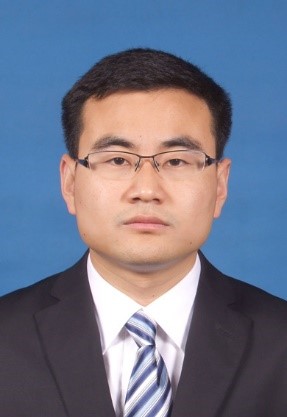
Prof. Baoquan Li
Tiangong University, China
Brief Introduction to Prof. Baoquan Li:
Baoquan Li received the B.Eng. degree in automation and the Ph.D. degree in control theory and control engineering from Nankai University, Tianjin, China, in 2010 and 2015, respectively. Since 2013 to 2014, he was a joint Ph.D. student with Nanyang Technological University, Singapore, awarded by China Scholarship Council. He is currently a Professor with the School of Control Science and Engineering, and Tianjin Key Laboratory of Autonomous Intelligence Technology and Systems, Tiangong University, Tianjin. His current research interests include computer vision, sensor fusion, unmanned aerial vehicle, and nonlinear control. He is a senior member of IEEE. He has published over 50 technical papers in journals and conference proceedings, and he is a principal investigator of over 10 granted scientific projects, including National Natural Science Foundation of China, Natural Science Foundation of Tianjin, and Fundamental Research Funds for Universities of Tianjin City. He is a 2nd Level Candidate for Innovative Talent Project Award of Tianjin City, obtains Young Innovative Talent Award within Tianjin City Universities, and obtains Popular Supervisor Award by Tiangong University.
Speech Title: Intelligent Perception, Motion Planning, and Servo Control for Mobile Robot and Unmanned Aerial Vehicle
Abstract: With development of environment perception and autonomous control, intelligent level of mobile robot and unmanned aerial vehicle is enhanced, and they have been widely used such as in industrial production, household service, and exploration. Fusion of multiple onboard sensors are discussed for design accurate environment perception and state estimation methods. For dense depth estimation, region diffusion methods are designed to extend updating range of cost values, and plane approximation is tackled by designing neighbor weight fusion strategies. For visual-inertial odometry of unmanned aerial vehicles, improvement is conducted by designing online temporal offset optimization, simultaneous extrinsic parameter optimization, and point-line fusion methods. On the aspect of motion planning for mobile robot and unmanned aerial vehicle, reference trajectories are generated and adjusted by risk assessment of surrounding obstacles, kinodynamic reference trajectories are generated in both forward and backward with guided random trees, and dynamic sampling and rapid path smoothing strategies are designed for enhancing realtime performance of high quality path planning. Finally, robust servo control strategies are designed for differential mobile robot, car-like mobile robot, and unmanned aerial vehicle, so as to realize servo control under uncertainty from robotic interior and external environment.

